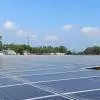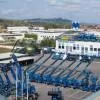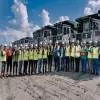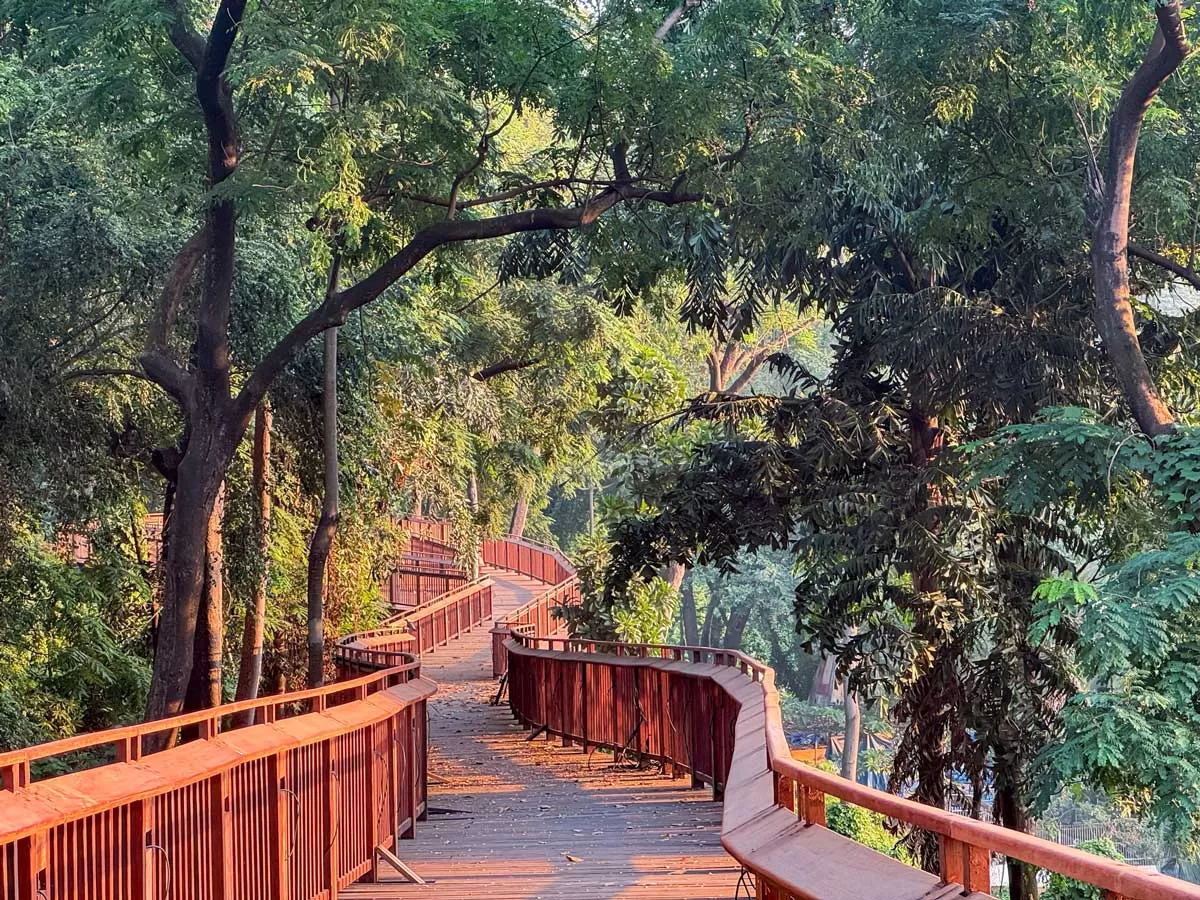
Breathing Room!
Read full article
CW Gold Benefits
- Weekly Industry Updates
- Industry Feature Stories
- Premium Newsletter Access
- Building Material Prices (weekly) + trends/analysis
- Best Stories from our sister publications - Indian Cement Review, Equipment India, Infrastructure Today
- Sector focused Research Reports
- Sector Wise Updates (infrastructure, cement, equipment & construction) + trend analysis
- Exclusive text & video interviews
- Digital Delivery
- Financial Data for publically listed companies + Analysis
- Preconceptual Projects in the pipeline PAN India
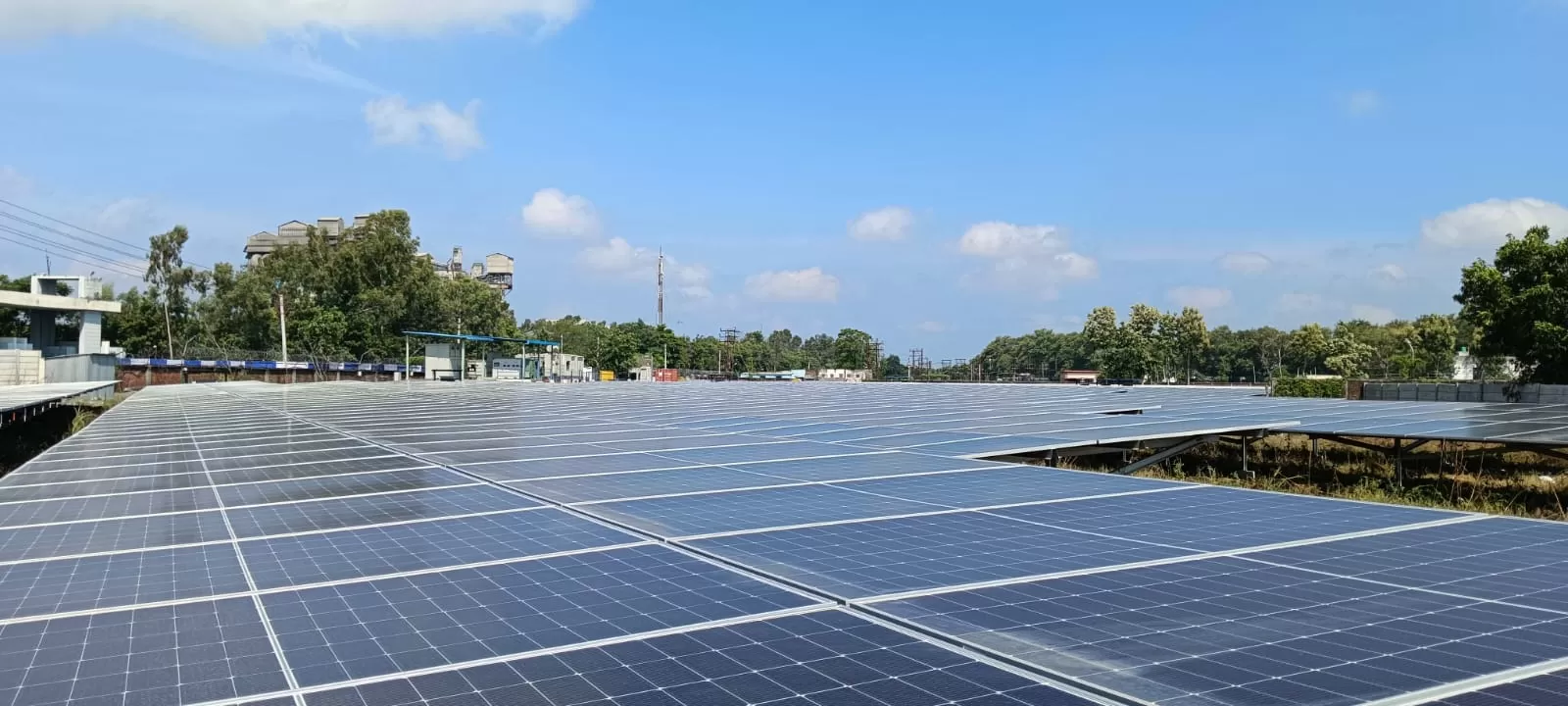
Shree Cement Boosts Green Goals with 6 MW Solar Plant in Roorkee
Shree Cement, one of India’s leading cement producers, has commissioned a 6.0 MWp solar power plant at its Roorkee unit in Uttarakhand. Strategically located next to its existing cement operations, the plant marks a significant step forward in the company’s journey towards its RE100 targets and decarbonization goals.With this latest addition, solar capacity at the Roorkee facility has grown sevenfold from 1.0 MWp to 7.0 MWp. Shree Cement’s total solar footprint now stands at an impressive 293.5 MWp, reinforcing its leadership in sustainable manufacturing within India’s cement sector.Ne..
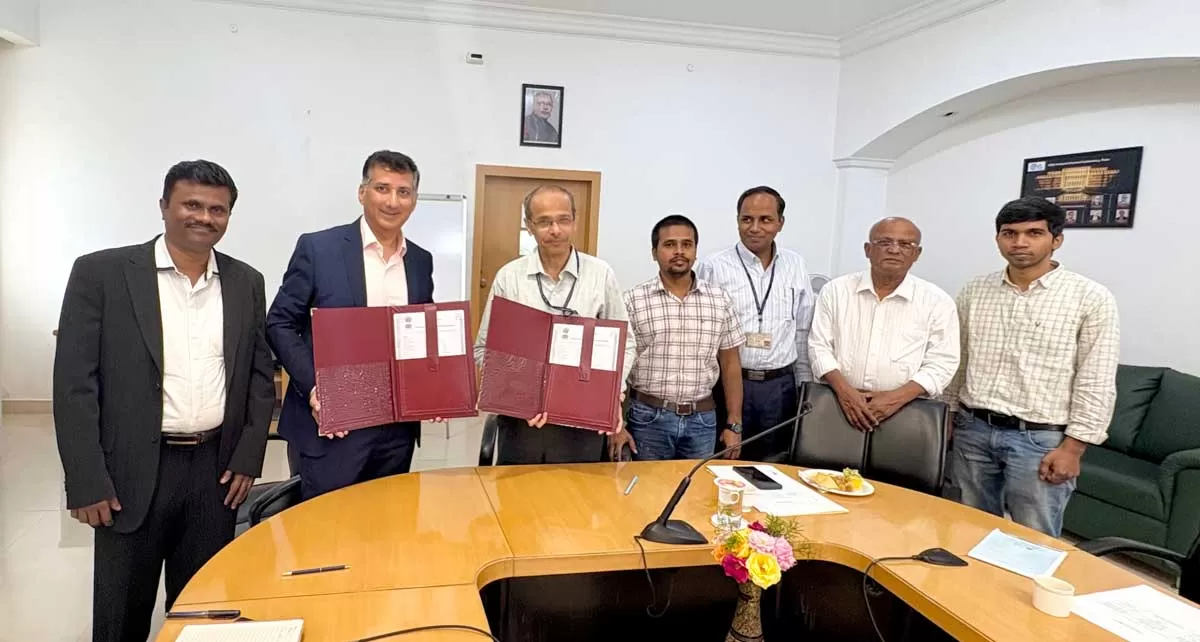
Covestro India, CSIR-NCL Partner to Recycle Polyurethane Waste
Convestro (India) National has signed a Memorandum of Understanding (MOU) with the CSIR- Chemical Laboratory (NCL) launching an innovative Corporate Social Responsibility project aimed at developing sustainable upcycling solutions for polyurethane materials, addressing the critical limitations in current recycling technologies.The collaborative project will explore innovative approaches to transform polyurethane waste into valuable chemical building blocks. This research aims to develop commercially viable technologies that could greatly improve the circularity of polyurethane materials while ..

Aimtron Electronics Raises Rs 1 Bn via Warrants for New Facility
Aimtron Electronics, a fast-growing Electronics System Design and Manufacturing (ESDM) company, hased a fundraise of approximately Rs 1 billion through the issuance of convertible warrants on a preferential basis. The round includes participation from the promoter group including Mukesh Vasani and Nirmal Vasani along with a host of marquee investors.The Board of Directors of Aimtron Electronics has approved the issuance of up to 14,79,000 warrants of the company, at the price of Rs 666 per warrant each convertible into, for one fully paid-up equity share of the company of face value of Rs 10 a..






